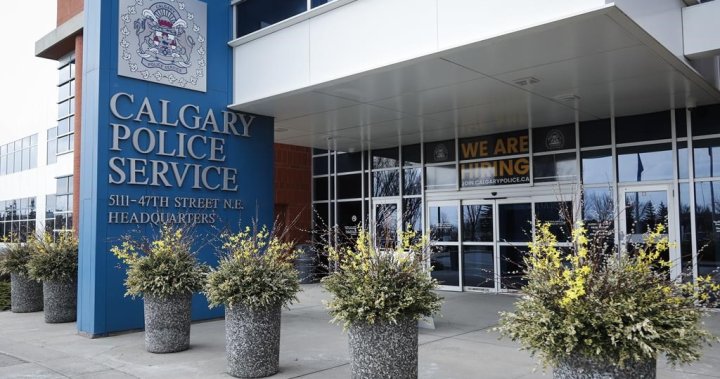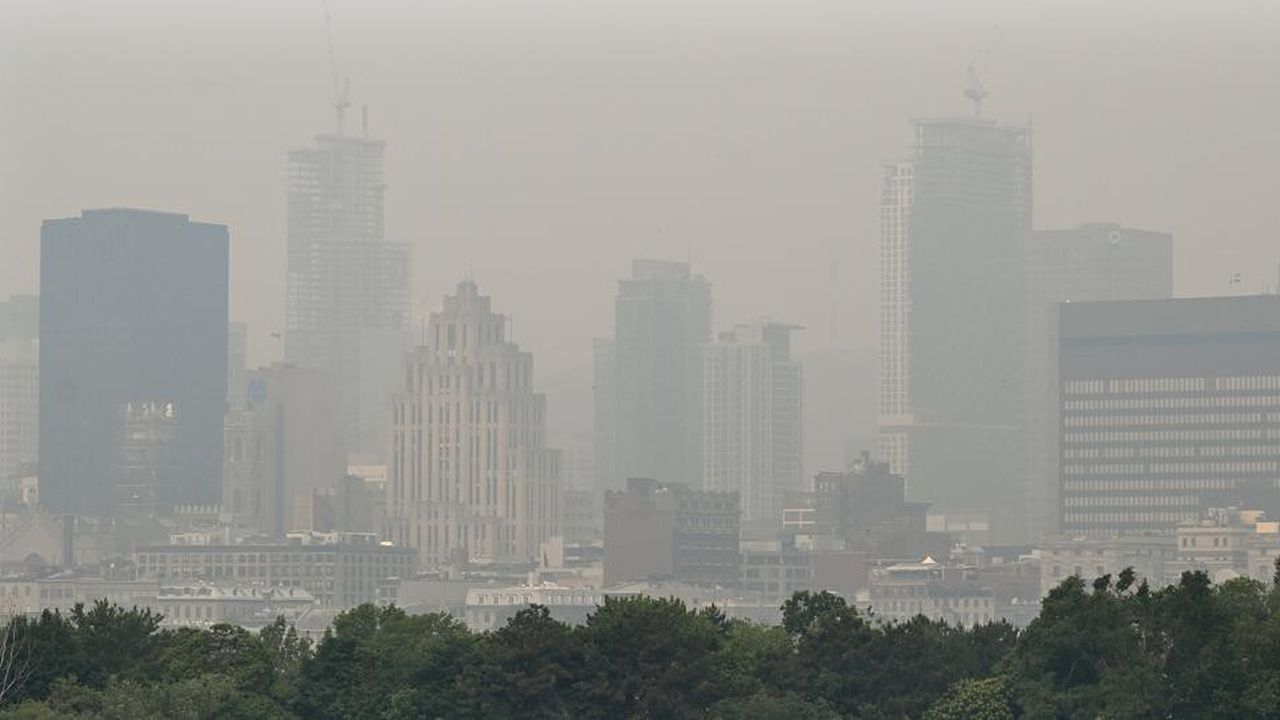Canadians are feeling the pinch of higher prices these days. However, this is not the case for state budgets. The coffers are filling as many provinces reduce their deficits or increase their surpluses, leaving most of these governments in a much better position than they were at the beginning of this year.
Along with high commodity prices, the scorching economy is a common factor driving revenues. Even skyrocketing inflation helps generate extra money.
But experts warn the windfall will be short-lived as the economy starts to slow and interest rates rise, among other challenges.
Alberta is seeing the biggest change in wealth as an initial budget surplus of $511 million is now expected to reach $13.2 billion.
Since the provincial governments released their budgets last spring, only Nova Scotia has come close to running a larger deficit. Prince Edward Island and Newfoundland and Labrador are yet to release first quarter updates.
“It was pretty pervasive,” said Robert Kavcic, senior economist at BMO Capital Markets.
“Almost everyone was very conservative with their economic outlook and the economy just bounced back and did much better than expected. So that led to very significant revenue surprises on the upside.”
Dollar numbers could continue to improve as the year progresses, Kavcic says.
Not only Alberta is benefiting from the rising commodity prices, but also Saskatchewan, Newfoundland and Labrador Likewise, oil, natural gas and fertilizer prices rose following the Russian invasion of Ukraine.
In Manitoba, rising river levels and higher electricity export prices are the main reasons a budget deficit has fallen from $548 million to $202 million.
“Things have been good for the provinces lately,” said Ted Mallett, director of the Conference Board of Canada’s economic forecasting team.
“Just the happy coincidence of several factors [that] came together.”
Inflation has been a sore point for individuals and businesses, but rising prices also help boost government revenues as tax revenues rise. The rate of inflation was much higher and more persistent than experts initially expected.
“Inflation would affect both revenue and expenditure, but it appears to have had a larger impact on revenue,” Mallett said.
British Columbia, Saskatchewan and Quebec originally forecast a deficit for this year but now expect a surplus. Ontario’s deficit has shrunk but is still estimated at over $18 billion.
Many provinces have announced new spending programs aimed at reducing energy and fuel costs to fight inflation. Some provinces are using part of their windfall to pay off some of the debt they have accumulated in recent years.
The overall financial improvement in provincial governments is “dramatic” and “rapid,” said Travis Shaw — senior vice president of DBRS Morningstar, a credit rating agency — particularly given the amount of debt accumulated in 2020 and 2021 during the worst of the pandemic became.
“Things seem to be showing quite a remarkable turnaround, even compared to last spring’s budget.[s]. So in just one quarter, we’ve seen a pretty substantial increase in provincial revenue,” he said.
Nevertheless, he advises the finance ministers of the provinces not to let the good fortune go to their heads.
Instead, he urges caution, especially as the economy slows and a recession may be imminent.
“We have to watch for tougher times as we look ahead to next year and beyond,” Shaw said.
In particular, the need to control public sector remuneration is highlighted, as this expenditure typically accounts for between half and two-thirds of government operating expenditure.
“In an inflationary environment, wage demands are much higher. It might be affordable today, but … perhaps you were bound to spend more at a time when your income could be falling,” he said.

Total web buff. Student. Tv enthusiast. Evil thinker. Travelaholic. Proud bacon guru.




-MO-10-MINO_GENERIC_WEB_CARDS_TEMPLATE_NEWS-RELEASE-TITLE_FR.jpg)


